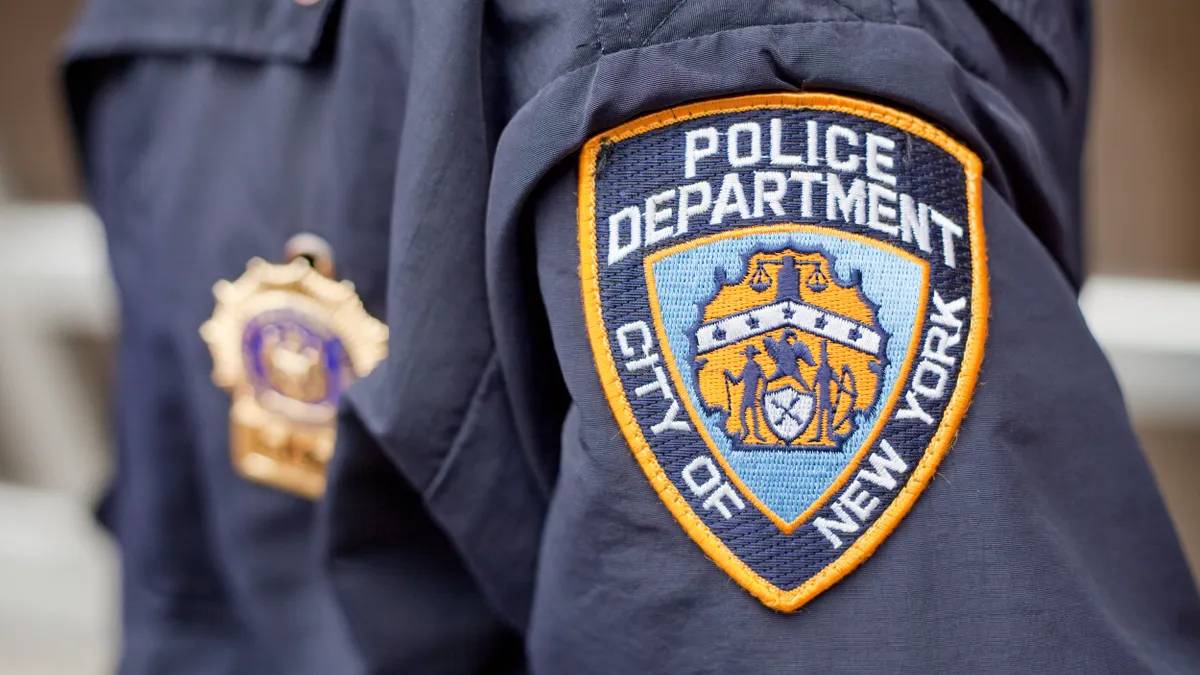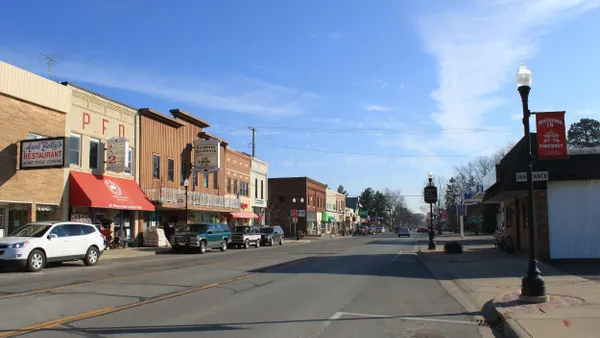Dive Brief:
-
A putative federal class-action lawsuit filed last week challenges the New York City Police Department’s Criminal Group Database, alleging that it targets, surveils and criminalizes Black and Latino New Yorkers.
-
In a statement, NYPD said the database — which contains criminal group names, membership, associated incidents, geographic data and inter-group rivalries and relationships — is a crucial tool in its efforts to reduce gun violence, a substantial portion of which is “attributable to gang or crew activity.”
-
The complaint states that people are being added to the index, widely known as the “gang database,” for having tattoos, sporting gang-affiliated colors, or living in public housing. Those in the database are frequently stopped and arrested for low-level crimes and then interrogated about activities unrelated to their arrest, the plaintiffs say.
Dive Insight:
The lawsuit, filed April 30 by the Legal Defense Fund, The Legal Aid Society, The Bronx Defenders, LatinoJustice PRLDEF and law firm Ballard Spahr, asserts that NYPD practices and policies related to the database violate the First, Fourth and Fourteenth Amendments and state and local laws.
“The database is built on bias and fuels wrongful arrests, causing lifelong harm without due process for those in it,” Lourdes Rosado, president and general counsel for LatinoJustice PRLDEF, said in a statement. “People get added for simply wearing a certain color or for growing up in [New York City Housing Authority] property.”
The NYPD statement said the database helps police stop the cycle of gang-related retaliatory shootings. “The key to preventing that cycle of violence is having accurate, immediate intelligence regarding gang membership, location, and rivalries, realizing when gang-violence is about to spiral, and intervening quickly to prevent it,” it said.
The lawsuit claims NYPD uses the database “to achieve the same unlawful goals” as its Stop, Question and Frisk policy, which a federal district court ruled was illegal in 2013.
“The NYPD’s Gang Database is a dressed-up tool for racially profiling Black and Latino New Yorkers, particularly youth,” Anne Venhuizen, supervising attorney in the impact litigation practice at The Bronx Defenders, said in a statement, “Like stop-and-frisk before it, this wasteful tactic continues the NYPD’s legacy of unfairly criminalizing marginalized people without keeping our communities safe.”
In a press release, the plaintiffs claim people in the database are frequently stopped and arrested for low-level offenses, “only to be detained and interrogated — sometimes for several hours — about activities and other individuals wholly unrelated to the underlying reason for their arrest.”
Gang databases in other cities, including Chicago and Boston, have also received public scrutiny. Chicago permanently scrapped its gang database in 2023.
Editor’s Note: We have updated this story to correct a production error that affected the text of the third bullet.











